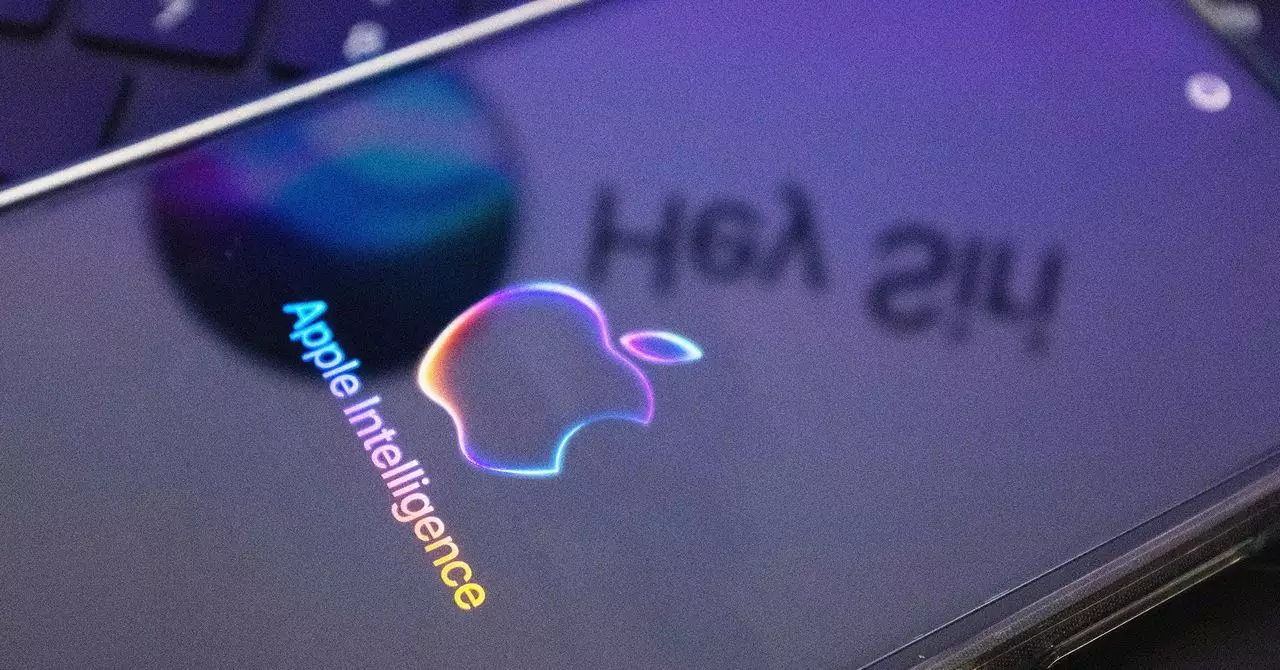Apple’s journey into the realm of artificial intelligence has been a challenging balance between innovation and the preservation of user privacy. Pioneering minds like the late Steve Jobs dreamed of integrating groundbreaking technologies, which led to the acquisition of Siri. At its inception, Siri was intrigued as a groundbreaking concept, albeit one that was wrapped in a veil of superficiality. A report from Tom Gruber, co-founder of Siri, reveals that Jobs was hands-on with the integration, emphasizing the significance of AI in transforming Apple’s user experience. However, he was not alone in this vision; debates within Apple have shed light on the unresolved issues that plagued Siri’s early implementation.
A Flawed Foundation
While excitement surrounded Siri’s arrival, many Apple executives described a reality strikingly different from the enthusiasm projected to consumers. Former Apple executive Richard Williamson’s candid disclosure highlights how the promise of Siri often translated into disillusionment. He characterized early Siri as a “hot mess” that focused on rudimentary keyword matching rather than advanced natural language processing, leading to a limited understanding of user intent. This nascent technology functioned well in isolated scenarios but failed to resonate with a broader audience. Such limitations became increasingly evident as users began interacting with Siri in multifaceted ways, exposing a significant gap between Apple’s marketing and the actual user experience.
Underperformance in a Competitive Arena
Fast-forward to the current landscape, and the same concerns persist. Compare Siri to its competitors, and the questions regarding reliability become more pronounced. Despite advancements in AI communication, Siri remains sidelined—its complexity masked by Apple’s commitment to privacy and data stewardship. Current iterations of Siri still struggle to align with the expectations of users who have embraced smarter, more adaptive assistants like Google Assistant and Amazon Alexa. A closer examination reveals a fundamental discrepancy: Apple’s prioritization of privacy can often stifle Siri’s development, placing an artificial ceiling on its potential.
The Data Dilemma
In essence, the crux of the issue lies in Apple’s unique approach to data handling. The need for expansive data usage is a critical component for AI efficacy. Alexa and other platforms thrive on extensive data interaction, leveraging user behavior to enhance responsiveness and personalization. In contrast, Apple’s stringent privacy policies have necessitated a cautious approach that could inadvertently hamper Siri’s performance. Gruber himself suggests that Apple’s sacred commitment to privacy may result in significant trade-offs. If Apple opts to share user data for a better Siri experience, it risks compromising the very values that have endeared it to consumers over the years.
The Architecture of the Future
The anticipated evolution of Siri appears to pivot on a dual-engine system: a light language model operating locally on devices and a more powerful counterpart through OpenAI. This hybrid approach could offer a semblance of balance between performance and privacy, yet it introduces its own complexities. Users will be compelled to grant authorizations for advanced queries to be offloaded to OpenAI, which presents challenges of trust—something Apple has meticulously cultivated. The disheartening reality remains; even with a staggering 3 billion parameters in its AI infrastructure, Siri still lags far behind models like GPT-4, which boasts an impressive 1.8 trillion parameters. The disparity underscores a pivotal challenge—how can Apple enhance Siri’s capabilities without sacrificing privacy assurances?
The Future of Personal Assistants
As the AI landscape evolves, the role of personal assistants will undoubtedly shift. User expectations are ever on the rise, and more open platforms may ultimately shape the trajectory of consumer technology. While privacy remains a hallmark of Apple’s identity, the ongoing struggle to innovate Siri amidst these constraints is palpable. The challenge lies not only in building a digital assistant that surpasses expectations but also in maintaining a transparent and respectful relationship with its user base. Balancing these seemingly contradictory paths will determine not just Siri’s relevance but Apple’s standing in the larger dialogue about the responsible use of artificial intelligence.

